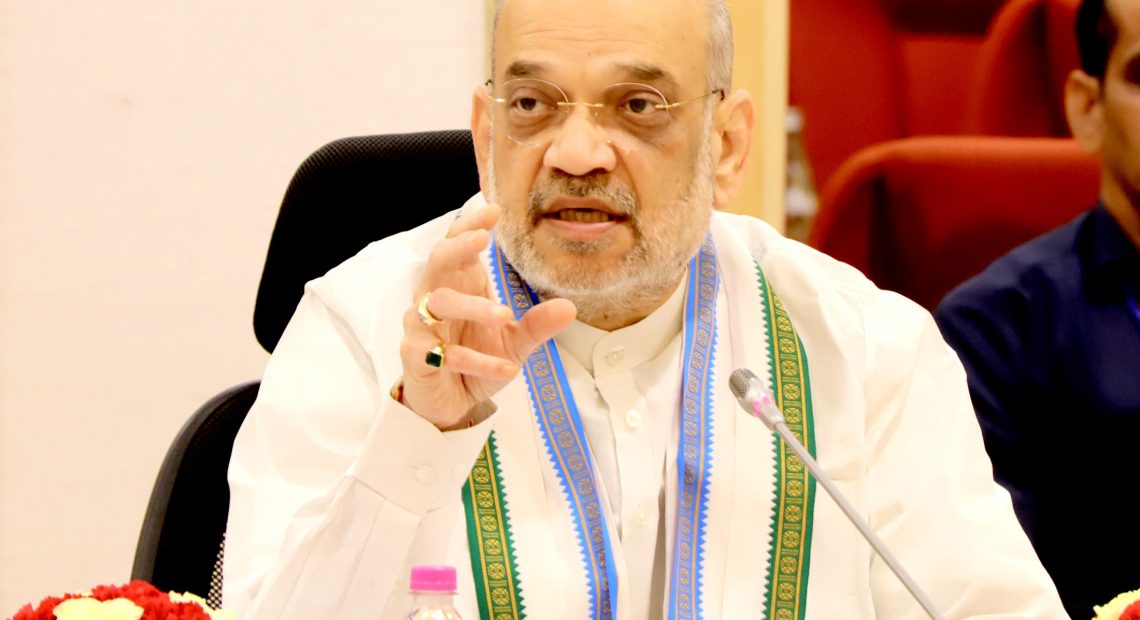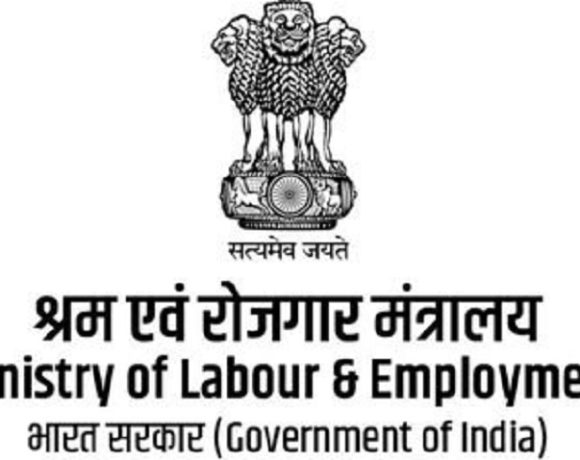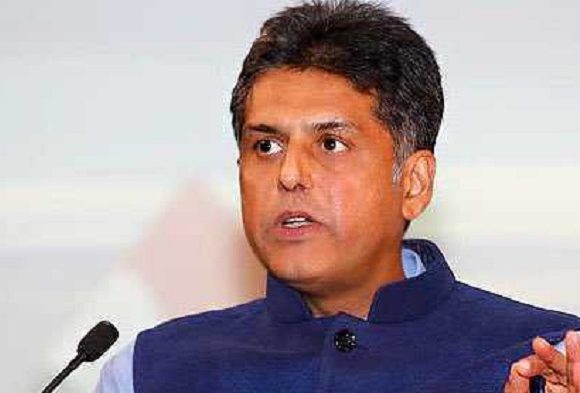
Kuki-Zo Groups, MHA Agree to Shut 7 Camps Near Meitei Areas
In a move aimed at diffusing ongoing ethnic tensions in Manipur, Kuki-Zo insurgent groups and the Ministry of Home Affairs have reached a formal understanding to close seven Suspension of Operations (SoO) camps located close to Meitei-dominated areas. The decision was finalised during a high-level meeting in New Delhi on June 16 and is expected to play a key role in restoring normalcy across conflict-hit regions of the state.
The seven camps are part of a wider network of fourteen SoO-designated sites operated under a ceasefire pact between the central government and Kuki-Zo groups. These particular camps were viewed as flashpoints due to their proximity to the Imphal Valley, a stronghold of the Meitei community. Their closure marks a crucial gesture of goodwill in a deeply divided state that has witnessed over two years of communal strife, violence, and displacement.
Kuki-Zo Camps
According to officials familiar with the matter, this understanding involves not just shutting down the camps, but also initiating a wider re-evaluation of camp locations and operational boundaries. The intent is to rework the terms of the SoO pact in a way that fosters trust and paves the way for political dialogue. The move to vacate camps near Meitei areas has been framed as a confidence-building measure to encourage calm and mutual de-escalation.
Meitei Areas
The Meitei community has consistently raised concerns over the presence of armed Kuki-Zo personnel near their localities, especially in sensitive districts of the valley. The removal of these camps has been one of their longstanding demands and is likely to be perceived as a central government assurance towards maintaining ethnic balance and security. The hope among residents is that this decision will reduce the possibility of armed confrontations in shared or bordering zones.
MHA Agreement
The Ministry of Home Affairs is expected to resume formal discussions with Kuki-Zo representatives in July to renegotiate the terms of the SoO agreement. Among the agenda points will be the future relocation of remaining camps, mechanisms to prevent violations of ceasefire ground rules, and improved access through highway corridors managed by the insurgents. Officials are also working on a new monitoring framework to ensure transparency in compliance.
This development arrives in the backdrop of the prolonged ethnic crisis in Manipur that began in 2023, during which hundreds lost their lives and thousands were internally displaced. Though major demands such as territorial autonomy or separate administrative zones for Kuki-Zo groups remain contentious, the agreement to close vulnerable camps near Meitei habitations is being interpreted as a step towards a more structured peace process.
Security experts have stressed that both communities will need sustained engagement and institutional safeguards to rebuild inter-ethnic trust. But for now, the closure of these seven camps represents a symbolic yet significant stride toward reconciliation in a deeply fractured state.


















